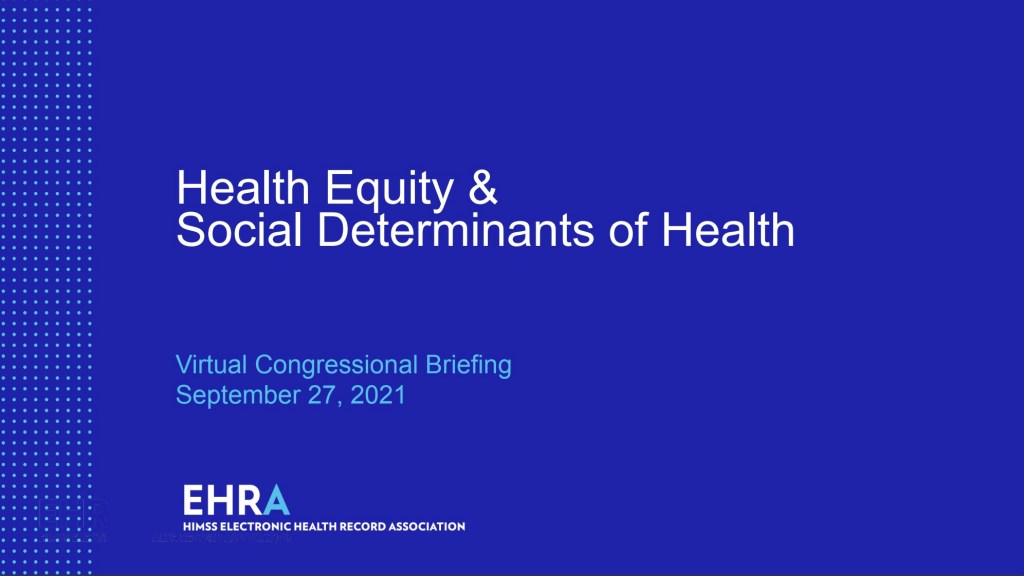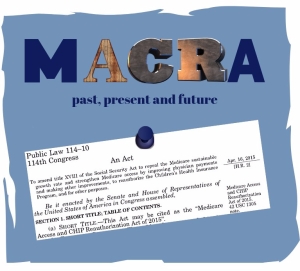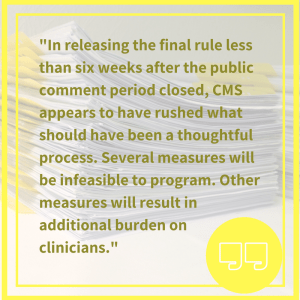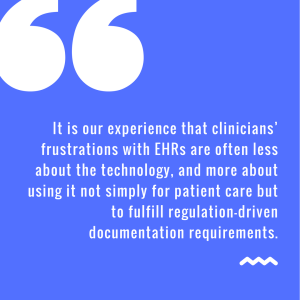Ambulatory and Health System Perspectives
By EHRA Public Policy Leadership Workgroup
Part one of this two-part blog series summarized insights around SDOH and health equity from the developer and community perspectives, which were shared during the recent virtual Congressional Briefing hosted by EHRA’s Public Policy Leadership Workgroup. Part two shares the ambulatory and health system perspectives. The presentation slides and full briefing (passcode: H@R$UZ02) are available in the “Positions and Statements” section of EHRA’s website.
(more…)



 On August 2, 2018, CMS published the 2600-page pre-publication version of the
On August 2, 2018, CMS published the 2600-page pre-publication version of the In a
In a